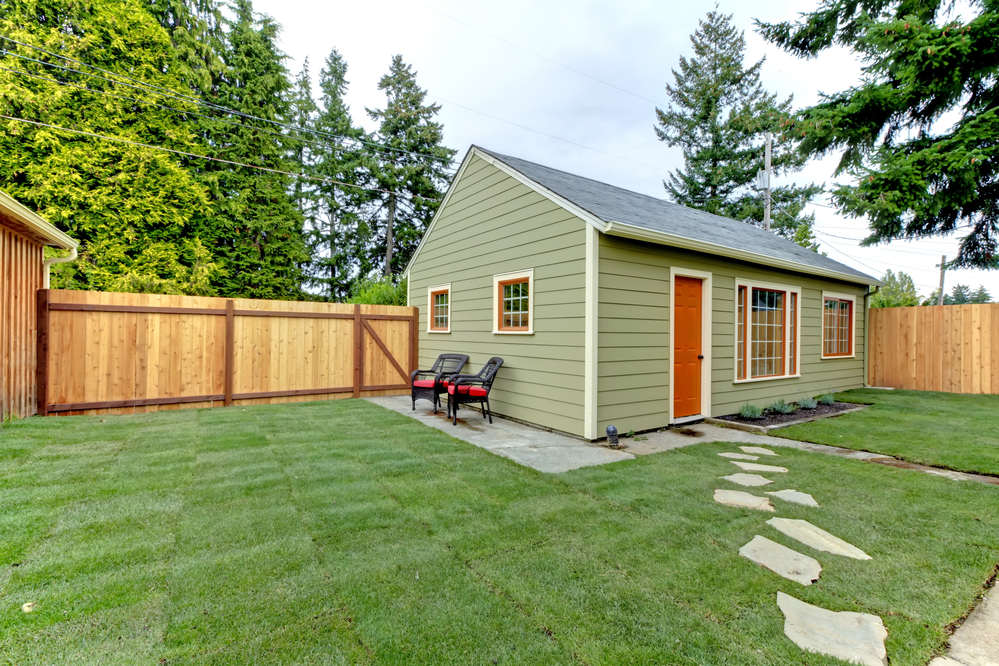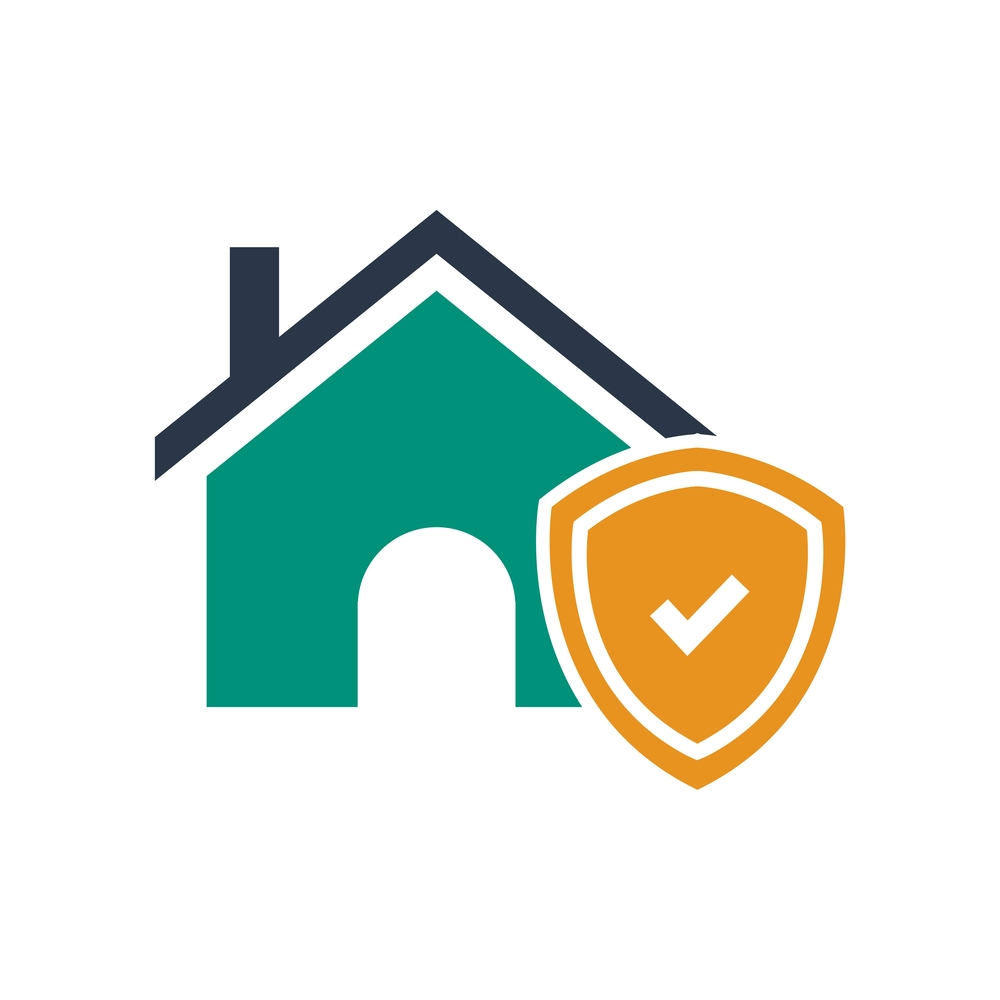6 Absolute Worst Mistakes You Can Make When Buying Florida Home Insurance
If you think Florida home insurance is worth it, you are spot on. While it may not prevent your home and belongings from getting damaged, home insurance will provide you with a financial safety net in the event that unforeseen circumstances cause damage to your property. This net minimizes the out of pocket expenses incurred.
In some cases, such as when you’re mortgaging, home insurance is required, and almost all mortgage companies will refrain from financing any uninsured property. However, even when you’re not required to have a home insurance plan a home-owners policy offers numerous benefits. To reap the most benefit out of home insurance, however, it is imperative that you choose the correct policy. Not only does the policy need to comprehensively cover your home, but it should also be affordable enough not to put unnecessary strain on you financially.
6 Absolute Worst Mistakes You Can Make When Buying Florida Home Insurance
1. Underinsuring the Home
This is perhaps the biggest mistake a homeowner could ever make. It is especially common when mortgaging, as mortgage companies are only concerned with their stake in the home. If for instance, you bought a home worth $250,000 but only owe the mortgage company $75,000, the mortgage company will only require you to have an insurance policy covering $75,000.
If you take this route and your home happens to get completely damaged in the future, the insurance company will only pay $75,000, and this amount will go straight to the mortgage company. This seemingly simple oversight will cost you $250,000, in addition to the premiums you’ve been paying for the $75,000 coverage.
2. Focusing Less on the Value, and More on the Premium
It’s only human to focus more on the premium you’ll have to pay as opposed to the amount of coverage you get from a policy. If you want to get the most value for money, resist the impulse to make your decision based on price alone. Some lower-priced policies are seemingly inexpensive because they’re skipping on some important coverage.
In the event that you purchase a low-priced policy that lacks some important coverage, you could end up having to pay thousands out of your pocket to fix damage that ought to have been covered by the policy. This, however, is not to say that all good home insurance plans are expensive. Here are some of the factors that influence the cost of your insurance premiums.
Age of Your Home
Your property’s age influences your insurance premiums in many ways. The general rule of thumb is that all factors held constant, an insurer will usually require you to pay higher premiums for an older home, as compared to a new one.
As a home ages, its various systems (electrical, plumbing, air conditioning, etc.) age as well, and the risk of something going wrong increases. That said, if you have recently made some home improvements, talk to your insurance agent to ensure that any ensuing savings are realized.
Construction Quality of Your Home
A home that is well built and whose construction standard meets current building code is more likely to survive a natural disaster. Consequently, such a home attracts lower premiums. On the flip side, a home that’s not fully compliant with the latest engineering standards is less likely to survive a natural disaster, which in turn attracts higher insurance premiums.
If you’re unsure of your property’s construction quality, a professional home inspection can easily reveal parts of your home that fall short of the current construction code. If you undertake some repairs or remodels to fix it, make sure your insurance agent knows about them and updates your premiums accordingly.
Special Features Such as a Swimming Pool
If your home has a swimming pool, Jacuzzi, sauna, or spa, you will likely pay higher insurance premiums. The reason for this is that you’ll need additional liability insurance to cover you in the event someone gets injured on your property and decides to sue for damages.
If you deem it necessary to have more liability insurance, consider purchasing an umbrella policy. Such a policy gives you a higher limit and covers a lot more scenarios than a standard home-owners liability policy.
Location and Quality of the Fire Station
Houses located close to a permanently staffed, highly rated fire department will attract low insurance premiums. The same holds true for homes located near a fire hydrant.
Urban and suburban homes benefit most from this, as their close proximity to fire stations and hydrants lends them a better rating for fire protection. As most rural homes are usually miles away from the closest fire department, they have a lower rating for fire protection and may attract higher insurance premiums.
Roof Condition
For many homes, the roof is one of the most important and expensive parts. In rainy weather, an old, leaky roof can cause damage inside the home. In extreme weather, such a roof can potentially be torn off the house completely.
Home insurers recognize this risk, and therefore houses with newer roofs tend to attract lower premiums than those with older roofs. If you decide to have your roof replaced, consider having it built from hail and fire-resistant materials. Not only do these materials offer a higher degree of safety, but they can also qualify you for an insurance discount.
Earthquake and Flooding Risk
Because Florida is located far from any tectonic plate boundaries, it is very rarely hit by earthquakes. For this reason, the impact of earthquake risk on Florida home insurance premiums is negligible. In the off-chance that one hits your home and causes damage, you likely will have to pay for the repairs yourself, as many standard home insurance policies do not cover earthquakes.
Flooding, like earthquakes, is also not covered by standard home insurance policies. Unlike earthquakes, however, a long coastline, low elevation, and a high water table put properties in Florida at a high risk of damage due to flooding. Despite the extra cost, it is prudent (and in some cases necessary) to purchase separate flood insurance to keep your home covered against flood damage.
Distance From the Coastline
Properties close to the shoreline generally cost more to insure than those further from the coastline. In addition, many waterfront properties are usually subject to a separate storm or hurricane deductible because of their proximity to the shore.
3. Going for Actual Cash Value Coverage
There are generally two types of home insurance coverage offered; actual cash value and replacement cost. Actual cash value insures the current worth of your house and belongings, as opposed to their original price. Older items such as couches and computers might be worth very little, which means that with this coverage, you’d have to go back to your pocket to buy replacements.
Replacement cost coverage, on the other hand, covers the actual cash value, but without allowing for depreciation. With this coverage, you’ll be assured of getting a new replacement without having to go back to your pocket.
4. Not Reading the Florida Home Insurance Policy
Reading the fine print of your insurance coverage is very important, as it allows you to know exactly what is covered by the policy. It is important to note that while different insurance companies may have comparably priced policies, these policies could be offering a varying degree of coverage.
Even though every policy is different, most offer four essential types of coverage; home structure coverage, personal belonging coverage, liability protection, and additional living expenses.
Home Structure Coverage
This coverage ensures that in the event the exterior or interior of your home is destroyed by fire, storm, hail, or other perils listed (or not excluded) in your policy, that it will be repaired or rebuilt. Such coverage will usually not only apply to the main living area, but also to detached structures such as gazebos, tool sheds, and garages.
More often than not, however, only a percentage of the amount of insurance you have on the main house structure will be applied to the detached structures. Destruction from floods and earthquakes isn’t covered, however, so you need to purchase separate coverage for these.
Personal Belongings Coverage
This covers personal belongings such as clothes, furniture, and appliances, in the event that they get stolen, lost, or destroyed in an insured peril. The value of belongings covered is usually about 50% of the amount of insurance you have on the main house structure.
Personal belongings coverage also extends to items stored off-premises. This means that if you, for instance, go on a vacation and lose one of your prized designer shirts, you’ll get reimbursed for it. It is important to note, however, that overly expensive items such as jewelry, art, and collectible items are not insured to their full value. To do so, you need to purchase a fully-fledged personal property cover.
Liability Protection
This type of coverage protects you in the event that someone decides to sue you for property damage or bodily injury caused by you, one of your family members or your pets. If your dog, for instance, breaks your neighbor’s expensive ceramic vase, your insurer will pay for it.
In the same breath, if a visitor happened to slip and fall on the ceramic shards, they can submit their medical bills to your insurance company. This way, any outstanding expenses are paid without the need to file a liability lawsuit against you. Further still, if your neighbor does decide to go ahead and file a lawsuit against you, the liability protection caters to the legal fees and any court awards.
Additional Living Expenses Coverage
Additional living expenses refer to any expenses incurred when waiting for the completion of any repairs on your home. This coverage, however, only applies if your home was damaged by an insured peril. It covers rent, meals, hotel room expenses, and other applicable costs as you wait. Additionally, if you had rented out part of your house, ALE also covers you for the rent losses incurred during the waiting period.
However, before you book the finest suite at a nearby 5-star, bear in mind that this coverage imposes strict daily and overall limits. Fortunately, these limits are separate from the amount set aside to repair or rebuild your home, so your home will still get rebuilt even after you exhaust your ALE limits.
5. Low Liability Limits
A low liability limit could potentially lead to nasty surprises if, for instance, the legal fees from a protracted lawsuit run over and above initial estimates. However, the appropriate liability limit varies from person to person and is dependent on a lot of factors.
A good rule of thumb is that the more assets you have, the higher your liability limit should be. In some cases, it’s a good idea to purchase an umbrella liability policy, which covers a lot more and offers much higher limits than those offered by a standard home insurance liability coverage plan.
6. Purchasing for the Wrong Occupancy
There are many reasons people purchase homes; to raise a family, to serve as a vacation home, or sometimes, to raise additional income. Insurance companies offer different policies for each of these scenarios, and it is important that you get the right coverage.
There are different policies for people who own a home but choose to rent it out, people that own a home that is rarely ever used, and people who own and live in their home. If your occupancy status ever changes, update your policy to reflect the change, as failure to do so can cause your claim not to be honored.
Get Your Home Insured Today
Home insurance not only gives you peace of mind but also keeps you protected from any sudden expenses. But you need a trustworthy and reliable partner. If you have recently bought a home or would like to insure one of your properties, contact Absolute Choice Insurance today.



